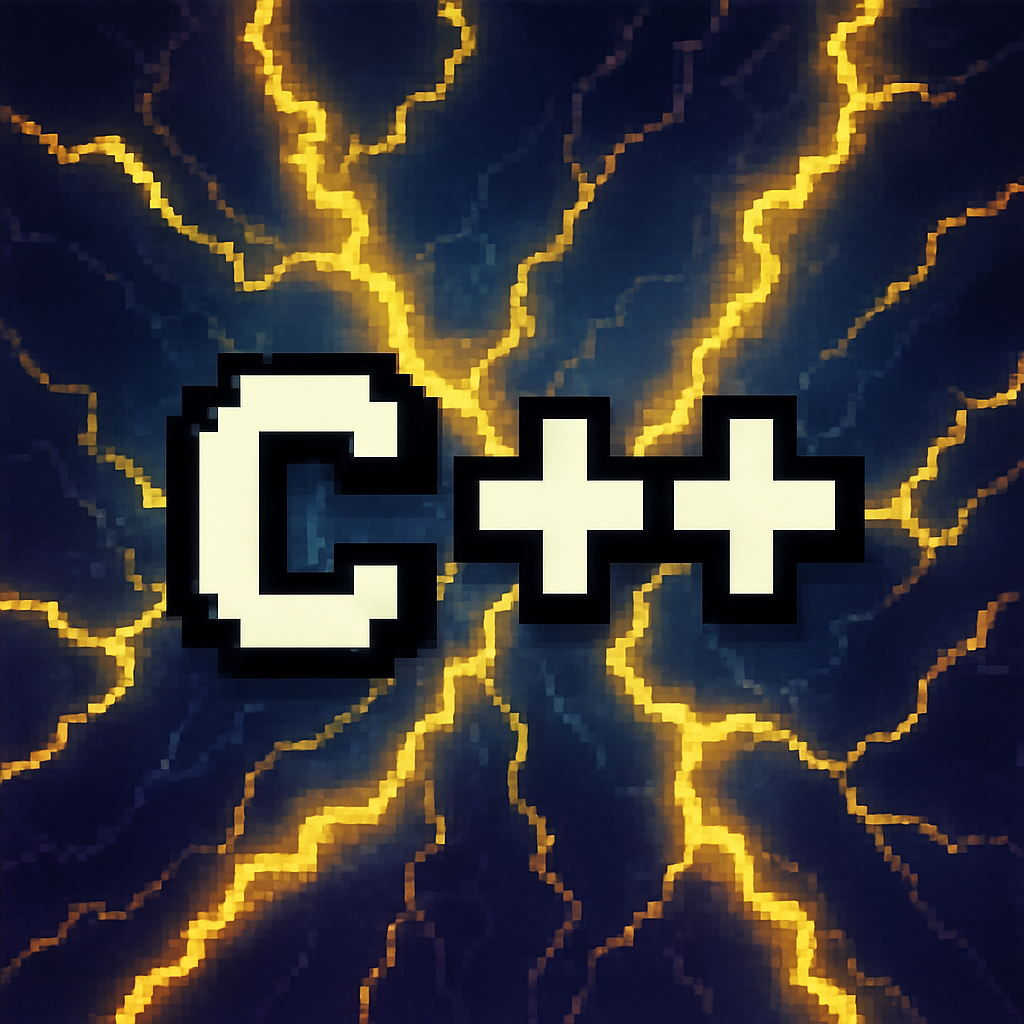Medium
1M
434

Image Credit: Medium
C++ For Beginners: Why This Powerful Language Still Dominates Tech
- C++ remains a dominant language in tech for its use in game engines, operating systems, browsers, and other key software applications.
- It offers speed, control, and power, with features like classes, objects, and advanced memory handling.
- Learning C++ provides an edge for game development, system programming, and overall developer versatility.
- C++ allows precise memory management, compiling to machine code for faster performance and runtime control.
- Apart from object-oriented programming, C++ supports procedural and generic programming, offering diverse coding approaches.
- C++ lacks garbage collection and built-in error handling, placing more responsibility on developers for memory management and stability.
- It is essential for AAA games, operating systems, device drivers, efficiency-demanding applications, and low-level utilities.
- C++ usage spans a wide range from large software like Adobe Photoshop and Microsoft Office to critical systems like robotics and aerospace tech.
- Unlike high-level languages, C++ requires manual memory allocation and deallocation through 'new' and 'delete', enhancing control but demanding attention to memory leaks.
- C++ offers more low-level, hands-on experience, requiring a deep understanding of code operations and providing a significant boost to programming skills.
Read Full Article
26 Likes
For uninterrupted reading, download the app